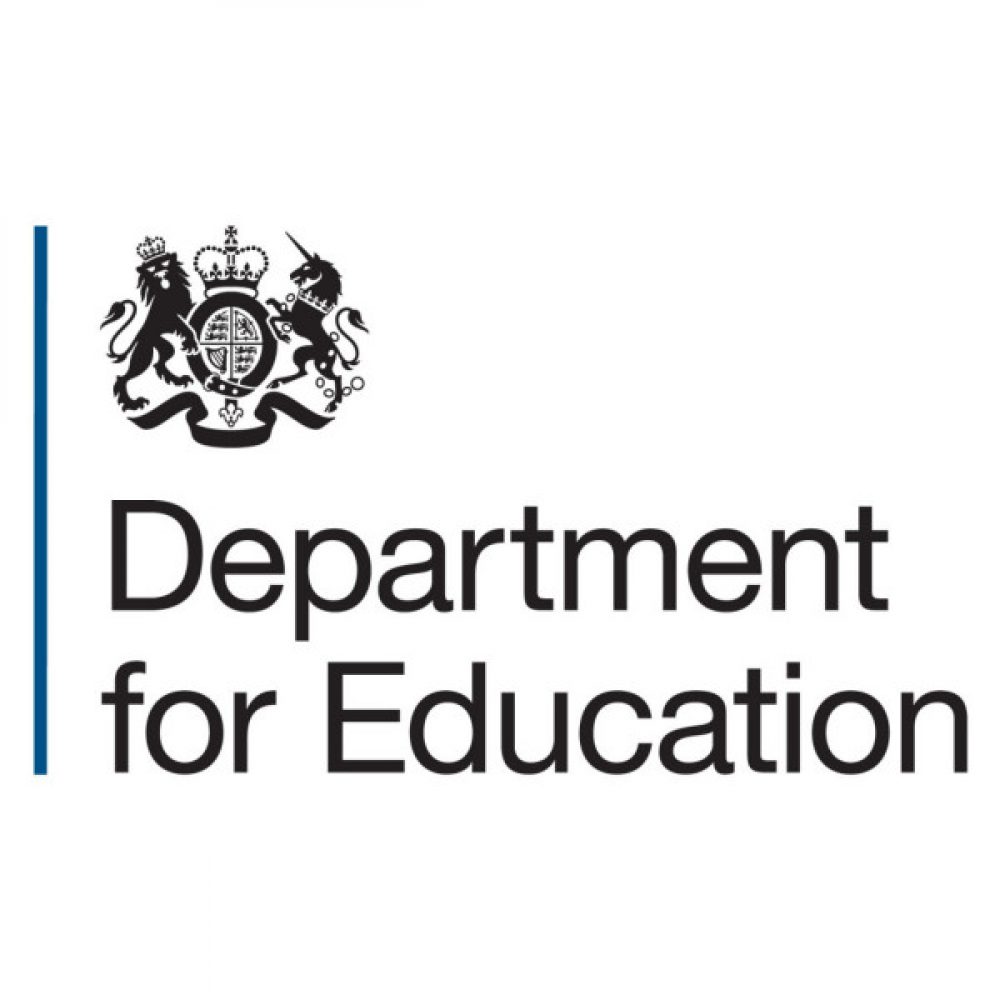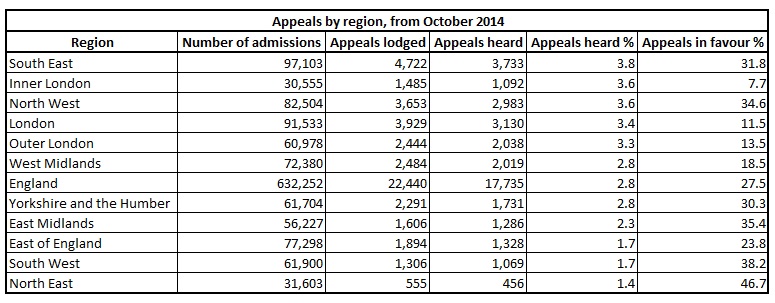School place allocations, appeals and investigations processes are subject to a postcode lottery, Schools Week analysis show.
Research by The Key, released yesterday, warned of the impending squeeze on secondary school places as schools face a 20 per cent increase in pupil numbers over the next eight years.
In October, Schools Week reported how councils were investigating more suspected fraudulent admissions. Over the past three years almost 700 offers of places have been withdrawn after cheating parents were caught out.
Tactics used by some parents included using grandparents’ addresses on applications, renting apartments in catchment areas, or lying about children being baptised.
On average, four per cent of admissions resulted in an appeal for the 2014/15 academic year. And the outcome of those appeals varied widely by local authority, and region (see below table).
Slough, the local authority with the smallest proportion of pupils getting their first choice school (72 per cent) outside of London, also has the highest proportion of appeals.
Almost one in five parents appealed decisions, but just 28 cases went in their favour last year – just 10 per cent of appeals heard (see below table).
Meanwhile, in Kent, a selective local authority, 10 per cent of the 19,000 admissions resulted in appeals, and 634 (41.4 per cent) of those appeals went in the favour of the parents.
By no surprise, London is the hardest place in the country to get into the preferred school. Of the local authorities with the smallest proportion of children gaining a place at their first preference school, the top 23 are all in the capital. In Hammersmith and Fulham, just 55 per cent of pupils went to their first choice school last year.
And only about one in ten appeals against admissions in the capital are successful. This compares to a national average of 27.5 per cent.
On average, 84 per cent of pupils get a place at their first preference. Regionally, the north east, south west and East Midlands are the best places for getting a place at the first choice school – the only regions where more than 90 per cent of pupils get their top choice.
In Central Bedfordshire, 99.7 per cent of pupils get into their first choice, and in Northumberland 99 per cent do so.
The Department for Education said 18,995 extra secondary school places had been created since September, through the opening of new free schools and academies.
Schools minister Nick Gibb said: “The government is investing billions of pounds creating new schools and new school places and through our free schools programme we want to open 500 more new schools during the five years of this parliament.”









Your thoughts